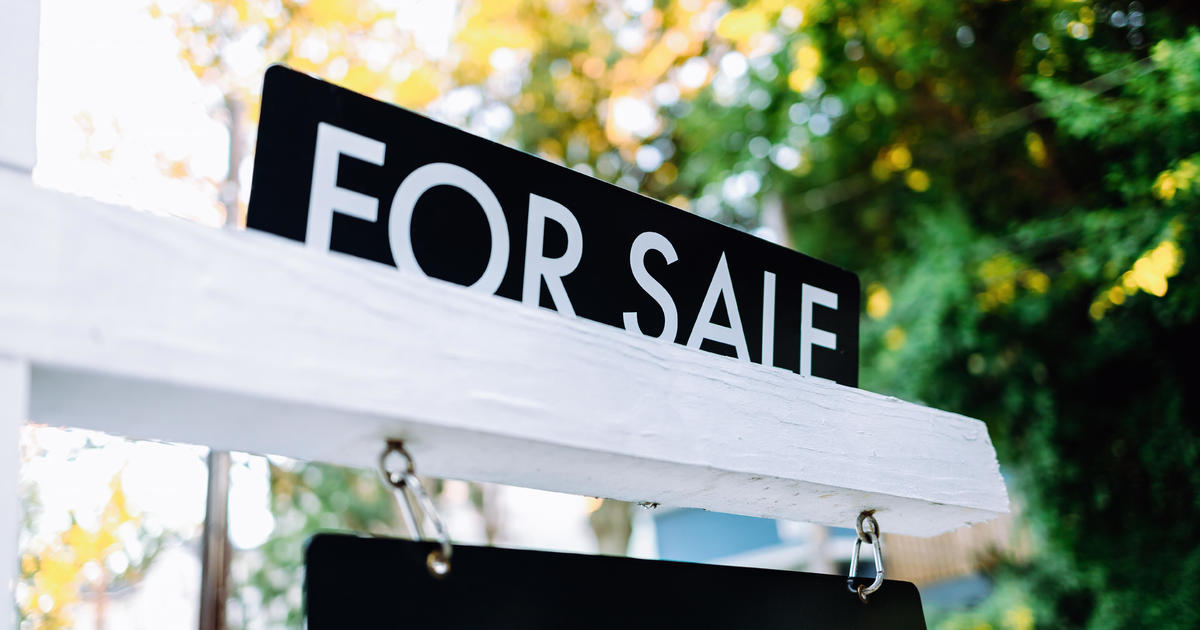Md. Looks To Rebound From Low Primary Turnout
ANNAPOLIS, Md. (AP) -- Maryland Democrats and Republicans were equally unenthusiastic about voting in June's primary, a fact that has the gubernatorial campaigns of Democratic Lt. Gov. Anthony Brown and Republican Larry Hogan focusing on boosting turnout in November.
For both parties, turnout was about 24 percent, according to recently updated numbers from the Maryland State Board of Elections. Overall, voter turnout in the primary was about 22 percent of eligible voters. The numbers vary slightly because some third-party voters could cast primary ballots and some unaffiliated voters could as well if they were voting for other races.
Republican turnout in Montgomery County, the state's most populated county, was particularly low. Only 13 percent of the county's 121,851 registered Republicans voted. That's compared with 26 percent of the county's 354,078 Democratic voters. Montgomery County also has 147,038 registered unaffiliated voters -- more than registered Republicans -- who could not vote in the Democratic or Republican primaries.
Adam Dubitsky, a spokesman for Hogan, said the campaign is reaching out to voters across the state, including unaffiliated voters and Democrats in a state where registered Democratic voters outnumber Republicans 2-to-1. He said the general election, with two very different candidates, has become a different race than the primary contests that featured more like-minded candidates.
"I think it is a different ball game altogether," Dubitsky said. "As we get our message out, we're seeing enthusiasm increase."
While Brown cruised to an easy victory in the primary, turnout was low among Democrats as well. Democratic turnout in Prince George's County, Brown's home county, was only about 20 percent. Justin Schall, Brown's campaign manager, said Democrats will be focusing not only on boosting turnout in Democratic strongholds, but also in all four corners of the state.
"There's room for growth in the larger counties in Maryland, particularly because that's where the vast majority of Democrats in this state live, but there are a ton of Democrats living on the Eastern Shore, in southern Maryland and western Maryland, and we're going to work incredibly hard for their votes," Schall said.
Voters around the state who didn't vote in the primary say they plan to vote in November, when they will be choosing a new governor to replace term-limited Democratic Gov. Martin O'Malley. General election turnout typically is significantly higher.
Brian Tietz, a 42-year-old registered Democrat from Montgomery County, said he didn't vote in the primary simply because he didn't believe Brown faced significant opposition.
"If I felt like Brown was in jeopardy then I would have done so," Tietz said while walking in downtown Annapolis, adding that he plans to vote in the general election for Brown.
Claire Abernathy, a 47-year-old psychotherapist who is a registered Democrat, said she did not vote in the primary but plans to vote in November. She said she is undecided between Brown and Hogan.
"I think there's a lot of apathy in Baltimore," Abernathy said.
There are several reasons to explain why turnout was so low. Maryland moved up its primary from September to June for the first time to better accommodate overseas voters who use absentee ballots. While the change may have caused the primary to sneak up on many voters who are used to voting when summer is over instead of when many are more focused on vacation plans, there is no change in the timing of the general election.
In addition, congressional incumbents faced largely unknown primary challengers. However, the state's eight House incumbents don't appear threatened in the general election, either, so far.
Some voters say it wasn't always easy to sort out the differences between candidates who tended to agree on major issues in the primary.
"I think more people will pay attention now that we have these stark choices," said Millie Finck, a 73-year-old resident of the Charlestown retirement community in Baltimore County, after she watched Brown and Hogan talk about their candidacies at a recent forum there.
Other registered voters said they weren't inclined to vote because they are unhappy with politics in general. Registered Republican Gregory Munn, a quality assurance manager for a Hagerstown paper-and-janitorial-supply company, said he didn't vote in the June primary and might not vote in November.
"Right now, politics altogether I'm kind of fed up with," said Munn, 43.
------
Associated Press writer Juliet Linderman in Baltimore and David Dishneau in Hagerstown, Maryland, contributed to this report.
(Copyright 2013 by The Associated Press. All Rights Reserved.)



